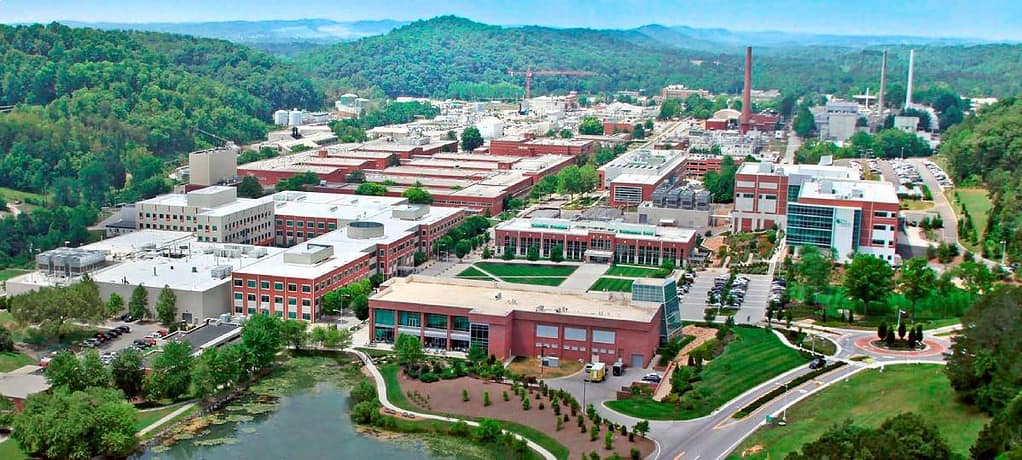Do people have a responsibility to nature?
Seventy-five years ago, Aldo Leopold asserted that we do. In his influential work, “A Sand County Almanac,” he proposed a “land ethic,” suggesting we should strive to live in harmony with the ecological communities that sustain us. Leopold, writing from a Western cultural perspective, echoed beliefs long held by Indigenous peoples across the Americas, who understood the importance of living in balance with nature.
Today, modern ecological thinkers, like Leopold and the many Indigenous people who came before them, recognize our intimate connection to nature. Our survival depends on ecosystems, yet our actions can have profound impacts on them—both positive and negative.
Even though it isn’t a new concept that the health of people and ecosystems are interconnected, the scientific understanding of how exactly humans affect ecosystems and, in turn, what that means for individuals, has only scratched the surface.
For one, there are so many interconnected pieces that make up an ecosystem that unraveling the consequences of how even a single event affects the health of the whole, or its individual parts, is complex. Fortunately, scientists are coming together in multidisciplinary teams to untangle the causes and effects of ecosystem and environmental health to address the issue holistically.
There is perhaps no institution with a greater purpose and capacity to perform such crucial multidisciplinary ecological research than the U.S. Geological Survey. The bureau employs scientists from multiple fields of study who work together to provide the most comprehensive understanding of ecosystem and environmental health possible.
Instead of focusing on single symptoms of poor ecosystem health, like dwindling wild food resources, USGS scientists study ecosystems as a whole to understand how multiple factors converge to create the ecological conditions that affect people. For example, problems like invasive species, habitat loss, pollution and disease can all work in concert to reduce wild food populations, which could devastate subsistence communities.
These consequences can be long-lasting or even permanent.
Take oil spills, for example. USGS scientists found evidence that the 1989 Exxon Valdez Oil Spill in Prince William Sound, Alaska, significantly reduced Pacific Herring populations from 120,000 to 30,000.
With decreasing environmental health, scientists are seeing an increase in disease outbreaks in animals. In fact, scientists believe the failed recovery of Pacific Herring populations after the Exxon Valdez Oil Spill is partially associated with diseases.
Of course, disease doesn’t only affect wild animals.
Diseases that spread between animals and people, or zoonoses, have also been increasing. Scientists and medical professionals came together to examine this phenomenon. They came to the same conclusion that Leopold and so many before him came to understand—that the health of people and society is intimately linked to the health of the natural world. And so “One Health” was born.
Despite this truth, until recently, ecosystem and environmental health were largely absent from One Health-related discussions.
Enter the USGS.
A key contribution from USGS to the One Health initiative is the scientifically-supported emphasis on considering ecosystem health holistically. Socio-economic and cultural factors do not exist in a vacuum and neither do environmental factors, so they can’t be addressed in isolation from the rest of the situation.
As the science arm of the Department of the Interior, which is charged with the protection of trust resources, USGS provides the best available science to inform the management and protection of these resources. But the science also informs decision-making beyond DOI to benefit all Americans.
For example, the USGS science on wildlife zoonoses—like sylvatic plague and highly pathogenic avian influenza—not only informs the management of wildlife resources, but also other governmental agencies charged with protecting the health of people—like the Centers for Disease Control and Prevention—and the health of domesticated food animals—like the U.S. Department of Agriculture.
One Health partnerships take an integrated approach to health—one that encompasses both human and environmental factors. USGS science is a critical piece of these efforts.
Seventy-five years later, the lessons of Aldo Leopold still resonate, reminding us that a thriving natural world is essential for a thriving humanity.
To put it simply, ecosystem health is One Health.
This United States Geological Survey news article "We're Only as Healthy as our Ecosystems" was originally found on https://www.usgs.gov/news

